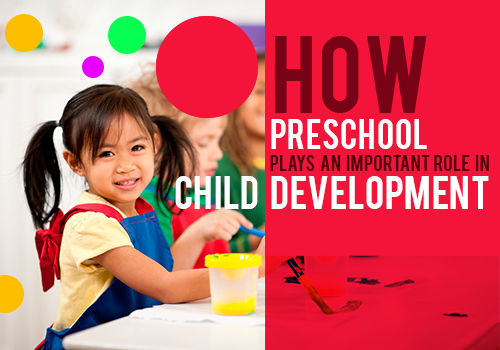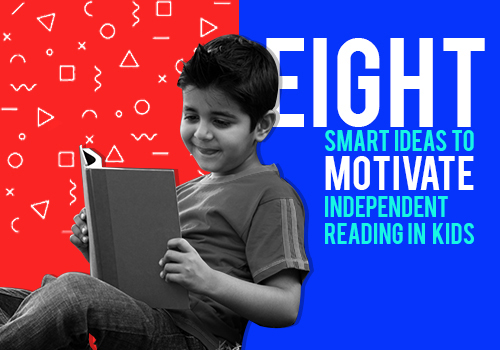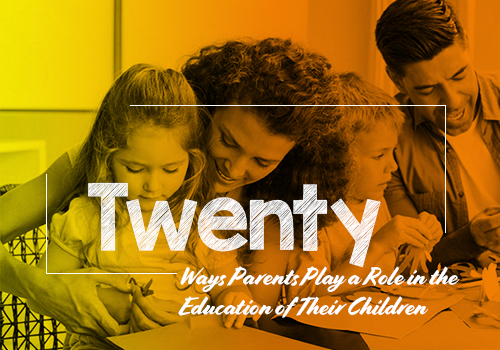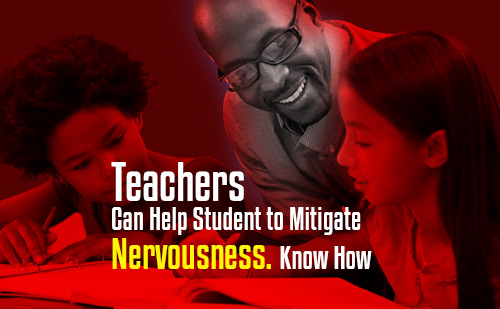The advancements in mobile technology have improved the scope of education as kids can connect to the world with just their finger tips.
The easy accessibility to information has really changed the way they get to know about the world in real time.
However, children are easily susceptible to the ill side of the technology and the chances for them to get trapped in the vulnerability are quite common.
Get Best Free Parental Apps (Check it Now)
So it is the role of the parents to keep a watch on their activity online and come up with good guidance and advices if they come across something mischievous.
Technology itself has options to help parents to come over these concerns with amazing apps and protect their children online.
Here are a few free apps that are designed for different mobile platforms to assist parents in shielding the kids in internet:
Screen Time: Parents can use this free app to manage the time their kids spend on the gadgets.
The Screen Time has some interesting features such as reward feature for kids to get extra screen time for completion of chores and tasks.
Parents can get report of the child’s activities in the device such as what and where they are looking.
Intimations can be set at time when kids go for installation of new apps.
There is no limit on the number of kids and devices to be handled.
This awesome parental control app helps parents to set the screen time for kids on the mobiles and allows real time tracking of their activity and location.
The OurPact Parent app comes with an app blocker features that allows access to only those apps with parent’s approval.
This highly rated breakthrough app offers utmost security and supports multiple languages.
The family’s screen time can be managed well with this amazing parental control app.
The Kidslox app allows blocking of selected apps on the device and the web and internet content can be filtered with ease.
Just one account is needed to add any number of devices used in your family.
Daily screen time limits can be set with ease and you can easily switch between different modes with customized controls.
This parental control app allows you to make your device safe for use for your kids with a separate safe zone.
The Kid’s Shell app gives permission for only approved applications to launch on your system. The activities such as paid apps purchase are restricted on the device with the apps settings.
It comes with a simple and intuitive design with multilingual support. Its child lock feature is a comprehensive protection for your kids as well as your device
A fun family time with peace of mind is what offered by this app that is compatible for any of your devices.
The FamilyTime app lets parents to be in close look with their kid’s device usage with options that ranges from locking phone, blocking apps to viewing their locations.
With this app, parents can set daily limit of screen time.
The app also allows parents to remotely block unnecessary games and apps and monitor their app usage.
This free app makes your device a safe zone for your kids with kid safe scanning technology that is specially designed to monitors the gadget 8 times per second.
The Kids Zone app limits kid’s screen time on the device with preset time outs.
The special features include blocking ad clicks and locking the device again in case of reboot. The access to selected personal data, device settings and system menus can be denied.
This amazing app offers a safe web experience for your kids with no fear for unsuitable content.
The Net Nanny app designs a custom mobile browser for the kids to have a safe browsing. The parents will be intimated with email notifications if anything unusual has occurred.
The app offers age-appropriate filtering such as teen, pre-teen and child. The parents can also set time controls for kid’s web usage.
This free app lets parents to engage their toddler with their gadgets in a safe mode.
The Toddler Lock app educates the kids about shapes and colors and distracts them with entertainment giving no time for them to access other phone settings and data.
The no cell radiation feature with optional airplane mode keeps your kids safe while using the device.
This app offers a comprehensive solution for protecting children during gadget usage.
The Funamo app features device monitoring, web filtering, and application control protecting children from unwanted data access through internet.
Pornographic web sites are automatically blocked with its filtering technology. It allows real time tracking of location history and designed to work easily with all major web browsers.
This cloud-based solution allows parents to change device settings online.
This awesome parental control app lets parents to be peaceful about the mobile usage of their teenage children.
The Secureteen app works with a secure portal that keeps an eye on the kid’s web activities and filters inappropriate items.
Parents get informed about the tabs of apps they have opened and downloaded.
The TeenSafe’s app blocker puts a block on unsuitable apps. Parents get a map in which the location of the child and the gadget are pin pointed.
All Facebook activity can be tracked and notifies in case of suspicious posts or friends.
This free app restricts your kids from making phone calls, accessing new apps and texting without parent permission.
The Kids Place app works without the need of any payment or internet connection. With this app, the device offers a custom home screen for kids with only permitted actions.
When Kids Place is running, the incoming calls get disconnected automatically. The plug-in based design filters videos, pictures and website content.
This amazing app lets children to play and learn in a safe environment.
The Zoodles app provides a digital playground for kids with a powerful supervision of parents
. They get a chance to explore the age appropriate activities including their favourite videos or games.
Only certain websites can be accessed by kids and that includes only permitted areas within the website as per the parents’ approval.
This app offers complete control and access of their kid’s web activity through the gadget.
The PhoneSheriff app lets parents to have a look at all calls and text messages and track the device’s location.
The app offers real-time GPS tracking and parents can know about the photos and videos taken via the device as well as the apps used.
The app even records internet history to let parents take a comprehensive control over their mobile activity.
The screen time of your kids on the device can be managed well with this awesome app
. The Protect Kid app lets parents to easily switch between the kid’s mode and parent’s mode to make an instant control of the kid’s mobile activities.
The Kid tracker feature helps to track the child’s location and Safe browser feature allows browsing through appropriate websites only.
Parents can get a daily and weekly overview of the usage history and easily set night mode and holiday mode.
Parents can assure a safe internet browsing experience of their kids with this stunning app.
The Norton Family app offers effective supervision of online activity and help to develop good internet habits.
The search activities can be tracked using Norton browser and parents get notified if kids attempt to break any rule.
Parents have power to block or unblock the usage of any apps.
The listed ones are just a few among the many amazing apps for Android and iOS that effectively help parents to protect the kids online.
Kids may not always differentiate the bad and good on their own and it is the parent’s role to help them enjoy responsibly.
These apps can be a good helping hand for parents in this potentially unsafe high-tech world.
The cyber safety is gaining importance with every day happenings and these filter and GPS apps can do a lot more than you could expect.
Get Best Free Parental Apps (Check it Now)
Also make sure that parents make proper review and approve the purchase of apps well before they download it to the device.
Also keep an eye on your device’s privacy and sharing settings to make sure that the data on your phone is not unnecessarily shared on web.
And it is equally important for parents to educate children on the importance of cyber safety.


![35 Free Educational Websites You Shouldn’t Miss [Infographic]](https://wp.edsys.in/wp-content/uploads/2018/03/19-02-2018_35-Free-Educational-Websites-You-Shouldnt-Miss_featured-image.jpg)
























